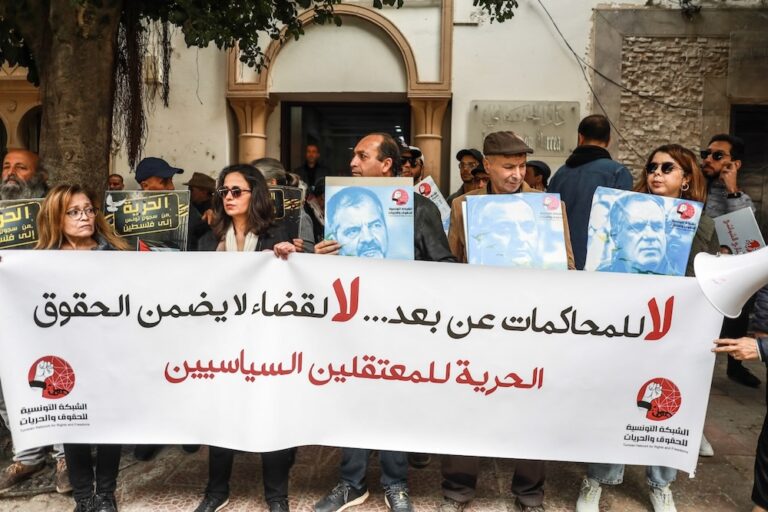While Article 19 welcomes the adoption of the decree, it remains concerned that the exceptions to the right to access to information are overly broad and can largely undermine the impact of the Decree in assuring transparency and accountability.
(ARTICLE 19/IFEX) – Tunis, 11 July 2011- As part of ARTICLE 19’s ongoing work in support of Tunisia’s democratic transition, the organisation is today releasing its analysis of the Tunisia Decree on Access to Administrative Documents, which was adopted by the Interim Government in May 2011. ARTICLE 19 welcomes the adoption of the Decree and its many positive features as an important step in the process of democratic transition in Tunisia. At the same time, ARTICLE 19 is concerned that the exceptions to the right to access to information are overly broad and as such, can largely undermine the impact of the Decree in assuring transparency and accountability.
ARTICLE 19, therefore, calls on the Interim Government to urgently develop and adopt Guidelines clarifying the limited scope of these exceptions in order to assure a progressive interpretation of the Decree, in line with international freedom of expression standards. ARTICLE 19 also calls on the Interim Government to develop – as soon as possible – a comprehensive action plan on the implementation of the Decree, in order to assure that the Decree can be made operational within the shortest time possible.
“Tunisia is now the second country in the Middle East to have adopted an access to information legislation. ARTICLE 19 welcomes the efforts of the Tunisian Interim Government in adopting the Decree on Access to Administrative Documents only a few months after the revolution. This is potentially another milestone in the historic process of democratic transition in Tunisia, committing the country to building a culture of transparency, the right to know and strengthening accountability,” said Dr. Agnes Callamard, ARTICLE 19 Executive Director.
“For the Interim Government to turn its back on the culture of secrecy, censorship and impunity that has plagued Tunisia, access to information should be subject to limited and specific exceptions. To enable the Decree to play its functions, the Tunisian Government must, as a matter of priority, clearly and narrowly define the Decree’s exceptions and commit to making it operational as soon as possible,” continued Dr. Callamard.
ARTICLE 19’s analysis highlights a number of positive features of the Decree. In particular, it provides people – regardless of citizenship – with a right to access administrative documents; it requires public authorities to proactively disclose information about their activities; it outlines a satisfactory procedure for access to information; and it establishes that access to documents is in principle free of charge.


